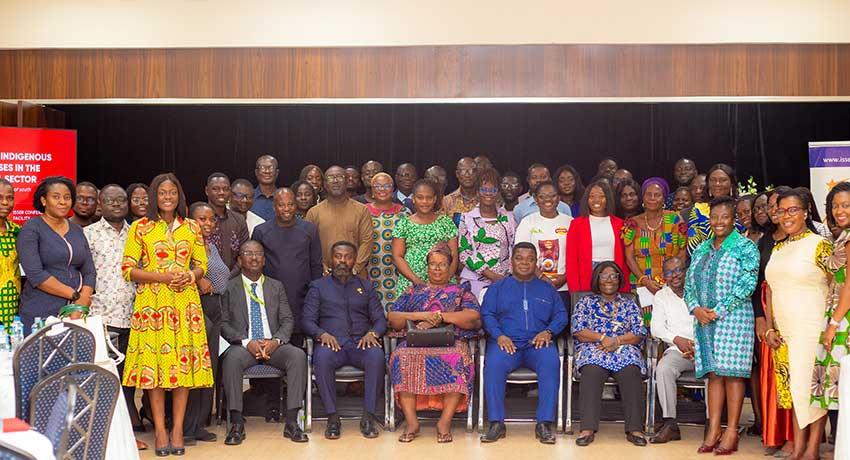ISSER to host 8th E2A conference on participatory governance in Africa
A performer showcases traditional Ghanaian dance at E2A 2024. Beyond the sessions, the conference offers a vibrant taste of Ghanaian culture and the warm hospitality of ISSER and the University of Ghana.










